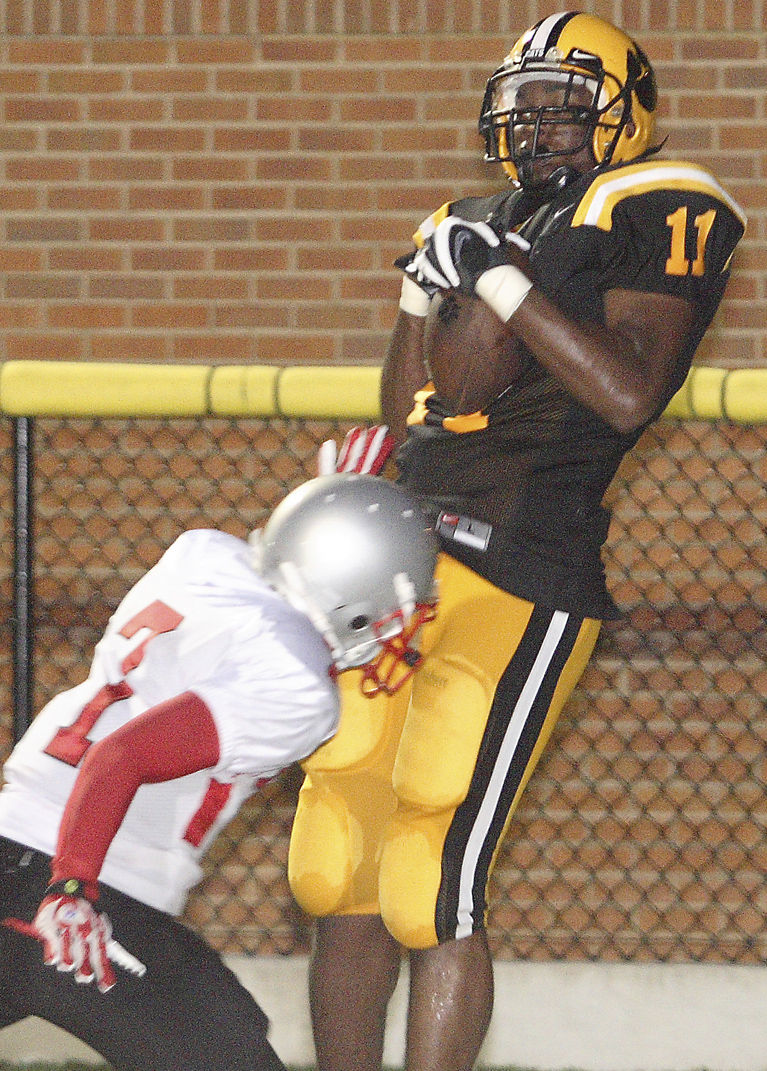FEMA cautions disaster survivors to be aware of fraud and scams
Published 3:07 pm Friday, January 17, 2025
VALDOSTA — The Federal Emergency Management Agency cautions disaster survivors to be aware of post-disaster fraud and scams. Attempts to scam residents can be made over the phone, by mail or email, through the Internet or in person. It is important to remain alert as con artists are creative and resourceful.
Be alert to potential scams
▪ Fake or unlicensed contractors may try to take advantage of the situation to scam survivors affected by Tropical Storm Debby (Aug. 4–20) or Hurricane Helene (Sept. 24—Oct. 20). As insurance settlements, grants and loans put homeowners in a position to pay for work on their homes, you need to be sure the people you hire are authorized to do the work, will complete it and will do a good job.
Trending
▪ Out-of-town scam artists may arrive at your front door. Check for proper credentials. To find out if a potential contractor is licensed to work in Georgia, contact the state Licensing Board for General Contractors or the Better Business Bureau. FEMA does not certify contractors.
Warning signs of contractor scams
▪ Door-to-door solicitations.
▪ Inadequate references.
▪ Verbal agreements or no written contract.
▪ High pressure sales or scare tactics.
Trending
▪ Out of state, no permanent place of business or no insurance.
▪ Demand for cash, unusually large down payments or full payment in advance.
▪ Special deals or extremely low bids.
Ways to protect yourself
▪ Do your research. Scam artists will usually approach you to offer their services – either at your door, on the phone or through email – so be especially wary of solicitors.
▪ Ask for references from past customers.
▪ Reputable contractors will provide you with a written contract detailing the scope of work, the general time frame of when the work will be done, and the cost of the project. Do not sign documents that give a contractor the right to your insurance claims.
▪ Verify insurance. Contractors should have disability and workers’ compensation insurance. If they don’t, you may be liable for accidents on your property.
▪ Make sure contractors have the proper licensing and are bonded.
▪ Ensure the contractors obtain the necessary permits to do the job.
▪ Take a picture of your contractor, their vehicle and license plate.
▪ Take a picture of your contractor’s business card and driver’s license.
▪ Do not sign insurance checks over to a contractor. Be sure to get an invoice from the contractor and pay them directly, preferably with a credit card, so that charges may be disputed, if necessary.
▪ Demand satisfaction. Don’t sign completion papers or make final payment until the work is done correctly.
If you believe you are the victim of a scam, report it immediately to your local police or sheriff’s department, or contact the Georgia Office of the Attorney General’s Consumer Protection Division at 404-651-8600 or 800-869-1123 toll-free outside Metro Atlanta. You can also file a complaint online with the Georgia Attorney General’s Consumer Protection Division.
If you suspect fraudulent activity involving FEMA, you can report it via email to the FEMA Fraud Branch at StopFEMAFraud@fema.dhs.gov, fax to 202-212-4926; or write to FEMA Fraud and Internal Investigation Division, 400 C Street SW Mail Stop 3005, Washington, DC 20472-3005.
For the latest information about Georgia’s recovery, visit fema.gov/helene/georgia. Follow FEMA Region 4 @FEMARegion4 on X or follow FEMA on social media at: FEMA Blog on fema.gov, @FEMA or @FEMAEspanol on X, FEMA or FEMA Espanol on Facebook, @FEMA on Instagram, and via FEMA YouTube channel. Also, follow Administrator Deanne Criswell on Twitter @FEMA_Deanne.





